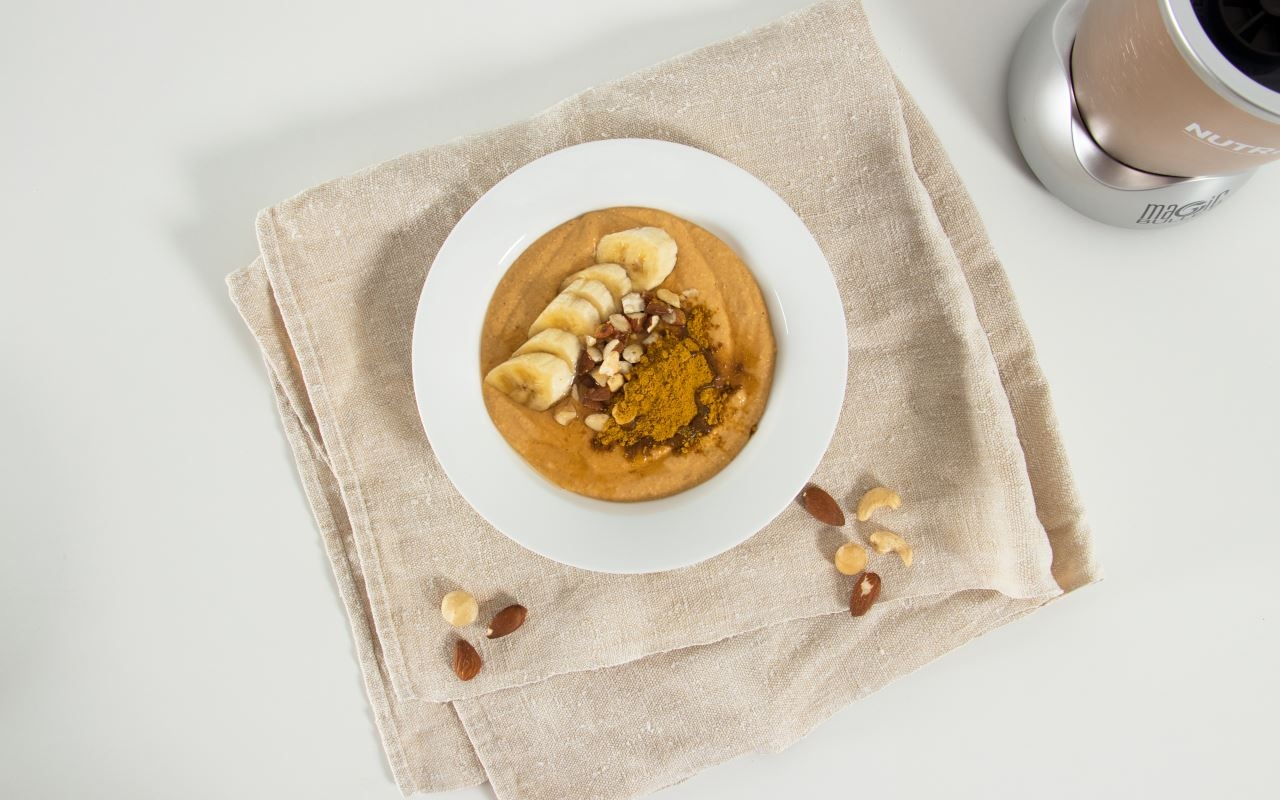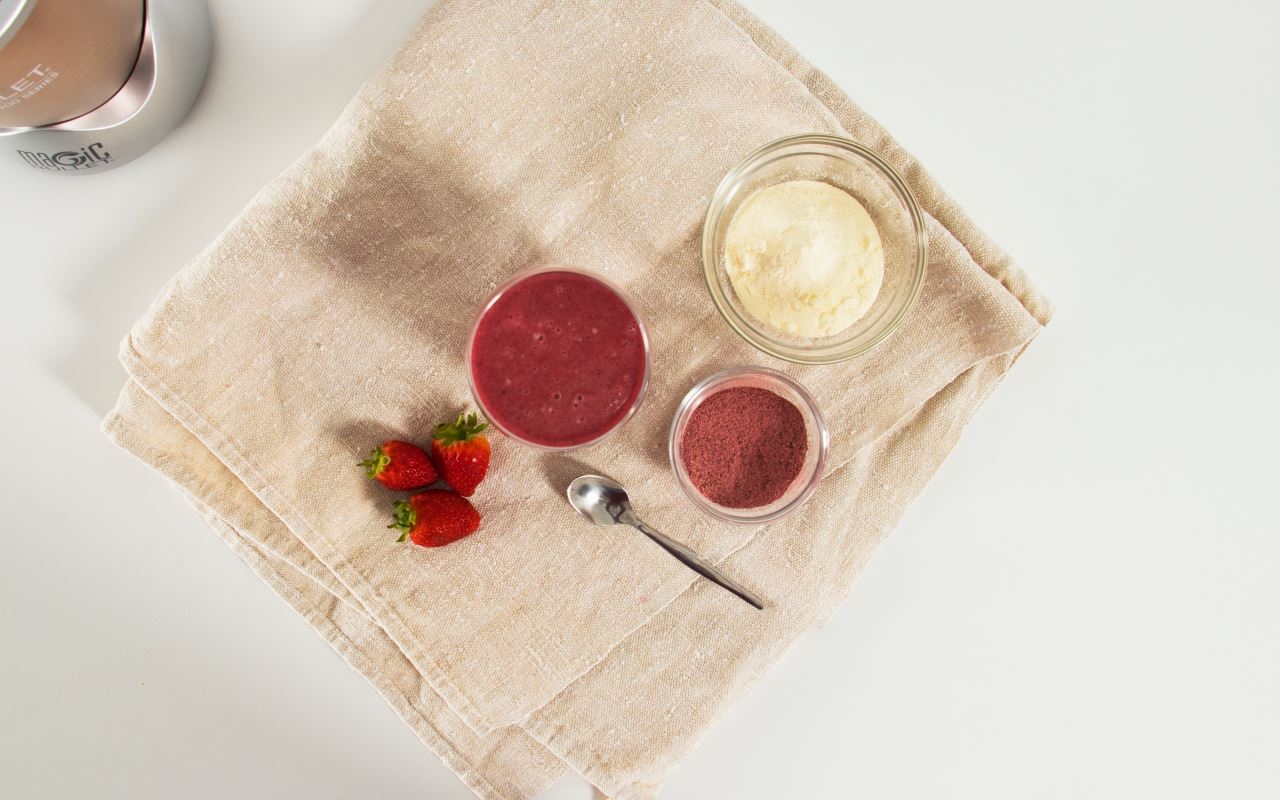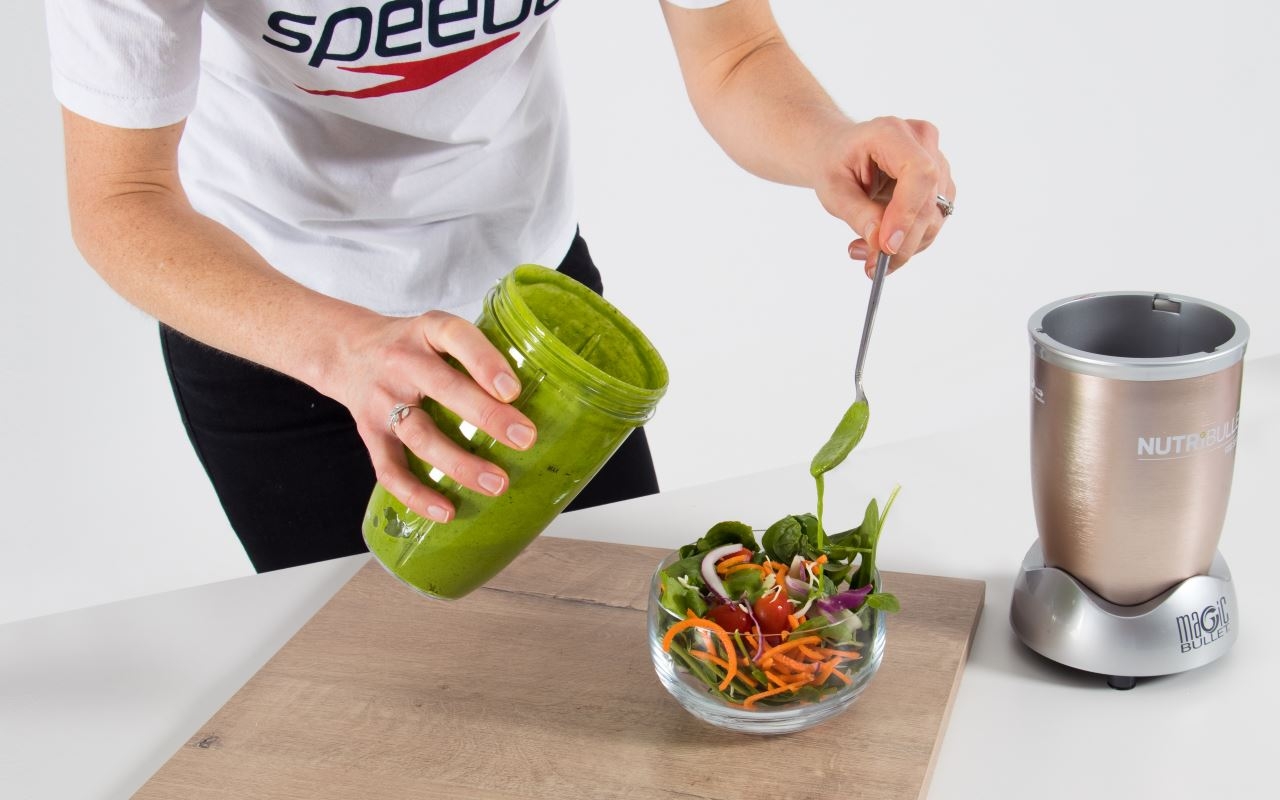A focus on nutrition is critical for anyone who takes their health seriously. Nutrition is particularly important for athletes (professional and recreational) because the more exercise you do, the more nutrients your body needs to handle the additional demands of activity and recovery. Exercise is great for your health, but without the support of good nutrition, your body can take strain. We’ve teamed up with registered dietician Kelly Scholtz to provide some nutritional tips and recipes that we can all use to boost health and performance.
Fueling exercise
The focus of nutrition before exercise is to meet immediate needs for energery to boost our performance. Our bodies use carbohydrates as their main energy source for higher intensity exercise, so before you exercise try to have a meal or snack that contains a good source of carbohydrate (fruit, grains or starchy vegetables). The size of the meal depends on the time you have before you start. If you have a couple of hours to digest, then you want sustained energy so you can eat a bit more and aim for a “balanced” meal – one that contains some protein and fat along with the carbohydrate. If you are 15 minutes from the start of a training session and need a quick boost without too much volume in your stomach, then you can have a smaller snack, like an energy bar or a banana.
Recipe: Papaya Smoothie Bowl

Optimum Recovery
After training exercise your body needs to replenish energy stores and rebuild muscles for adaptation to that training and to prevent injury. This requires a high protein and high carbohydrate meal or snack. The protein provides the amino acids that are building blocks for our muscles and the carbohydrate tops up depleted muscle and liver glycogen stores. Recovery snacks can include almost any foods that combine these nutrients, from milk and bananas to protein shakes, tuna and rice to chicken sandwiches.
Recipe #1: Red Repair Recovery Smoothie
Recipe #2: Chocolate Recovery Protein Bites

General Healthy Eating
Boosting overall nutrient intake to include more micronutrients and antioxidants helps the body to cope with the demands (stress) of training over time, as well as supporting health in general – immunity, hormonal balance, moods, brain function, digestion, heart health and prevention of disease. Apart from simply eating enough energy and protein to fuel activities, this is about finding ways to add more vegetables, fruits and other whole foods that are high in fibre and valuable micronutrients.
Recipe #1: Super Salsa Verde
Recipe #2: Cocoa, Spinach and Avo Smoothie

Kelly Scholtz is a registered dietician based in Hout Bay, Cape Town. Kelly creates individualised and practical eating plans, informed by current science and tailored to suit your lifestyle, preferences, routine and budget. She has a special interest in guiding her clients not only to meet their performance, health or therapeutic nutrition goals, but also to cultivate a good relationship with food – one that encourages mindful and sustainable food choices.
Visit Kelly's website here

